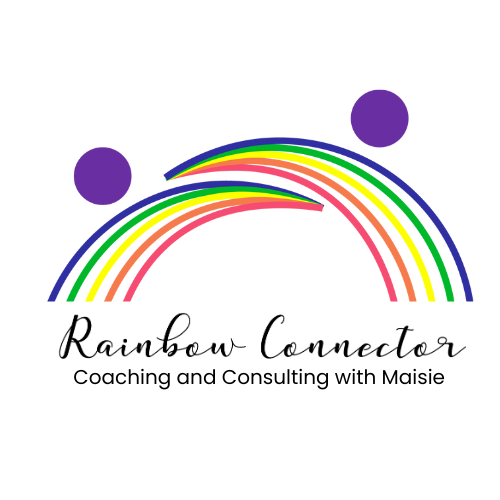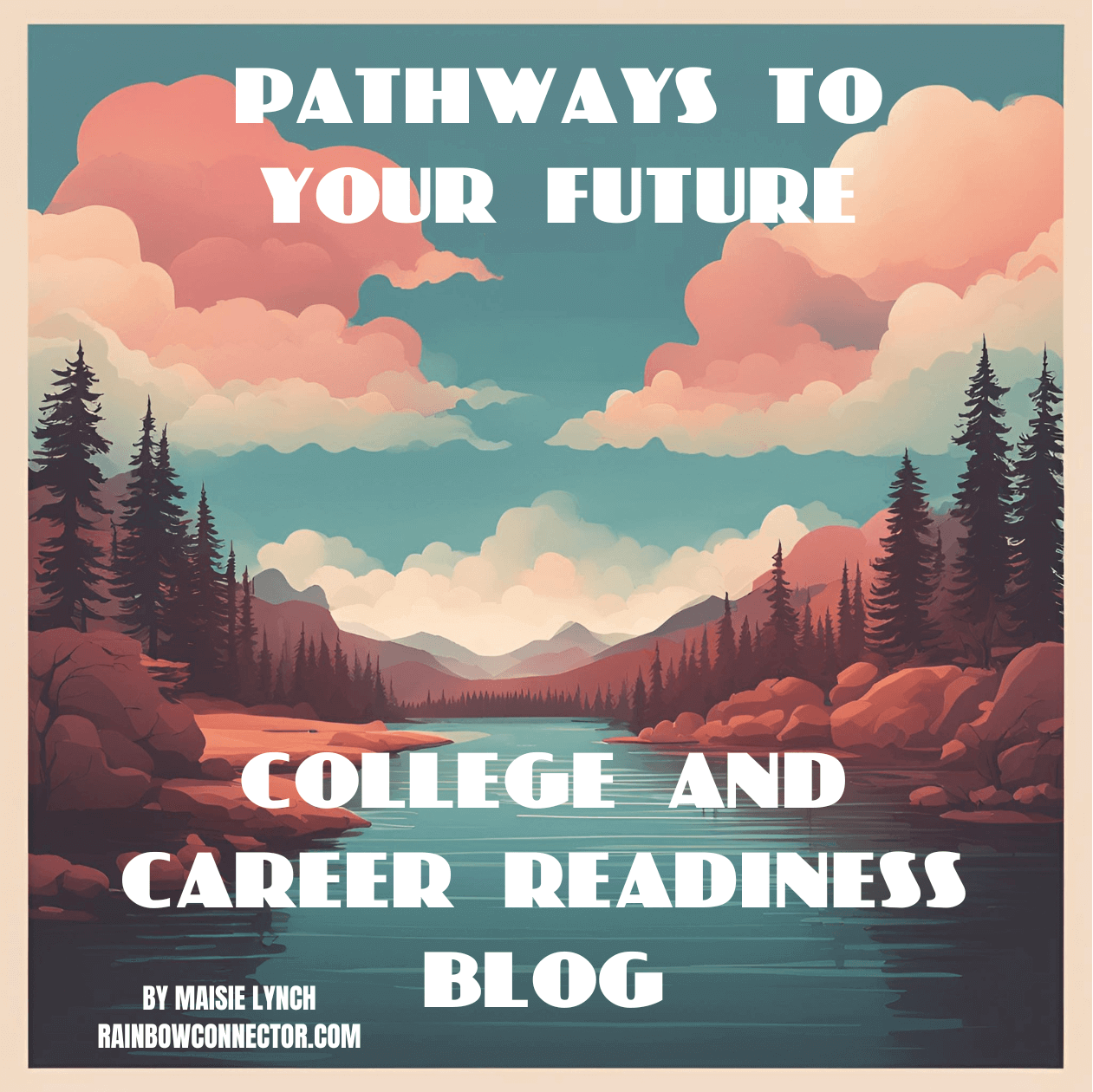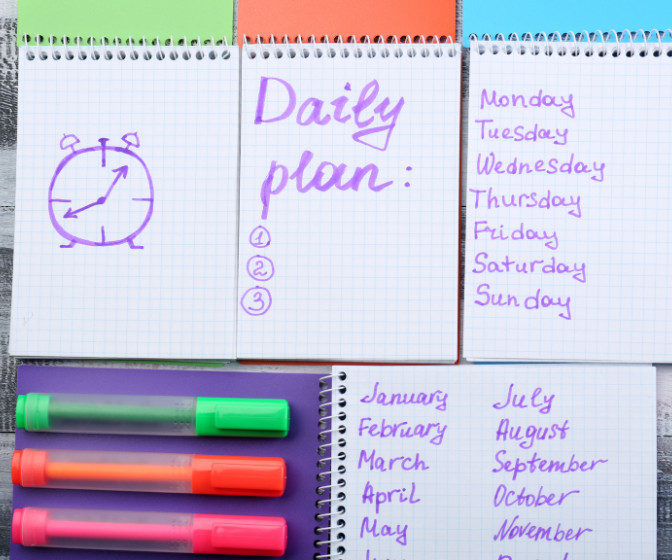
Embarking on a Career Exploration Adventure!
Hello all! Welcome to Week 4 of our journey into the world of career planning, especially designed for those with neurodivergencies. This week we're diving into the deep end of career exploration – researching the careers you're interested in. Let's explore how to gather, organize, and make sense of all the information out there.
The Importance of In-depth Research
Researching potential careers is more than just a casual Google search. It’s about understanding the nitty-gritty of each profession – the day-to-day tasks, required skills, work environment, growth opportunities, and much more. For individuals with neurodivergencies, especially those with executive functioning challenges, this step can seem daunting. But fear not! With the right tools and strategies, you can turn this task into an exciting quest for knowledge.
Step 1: Identify Reliable Information Sources
Your research journey starts with finding trustworthy sources of information. Here are some great places to begin:
- O*NET Online: An exhaustive database that offers detailed descriptions of various careers.
- Bureau of Labor Statistics: Provides data on job outlook, growth rates, and other vital statistics.
- Professional Association Websites: These can offer insider perspectives on specific careers.
Step 2: Conduct Informational InterviewsStep 7: Putting It All Together
Informational interviews are conversations you have with professionals in the field you're interested in. They can provide real-world insights that you can’t always get from websites or books. Here’s how to go about it:
- Identify Professionals: Use platforms like LinkedIn to find people working in your areas of interest.
- Reach Out Politely: Craft a polite, concise message requesting a brief informational interview.
- Prepare Your Questions: Ask about their daily tasks, challenges, joys, and advice for someone entering the field.
Step 3: Experience the Job Firsthand
Step 5: Analyzing and Reflecting on InformationJob shadowing or even being an intern is another powerful research tool. It allows you to observe a professional in your chosen field for a day or more. You get to see what the job is really like, which can be incredibly insightful. Reach out to local businesses or use networks like your school’s alumni association to find job shadowing or internship opportunities.
Step 4: Organize Your Research
With executive functioning challenges, organizing information can be tricky. Here are some strategies:
- Use Digital Tools: Apps like Evernote or Trello can help you keep your notes and thoughts organized.
- Create a Research Journal: Keep a dedicated notebook or digital document where you compile all your findings.
- Make it Visual: Develop charts or infographics to visually map out the information you gather
Now that you’ve gathered all this information, take some time to reflect. Ask yourself:
- How do these careers align with my interests and strengths?
- What are the potential challenges, and how might I address them?
- Which of these careers excites me the most?
A Career Services Provider can be an invaluable ally in this process. Here’s how they can assist:
- Guidance on Effective Research: They can teach you how to conduct thorough and effective research.
- Help in Organizing Information: They can offer tools and strategies to manage the information you gather.
- Expert Advice: They can provide insights and feedback on your findings and help you interpret data about various careers.
If you'd like to see if I'd be a good match to guide you through the Career and/or College Planning Process, book a free consultation here.
Now, it’s time to put together all the pieces of your research. Create a comprehensive profile for each career you’re considering. Include job responsibilities, required skills, educational requirements, growth opportunities, and any other relevant information.
Conclusion: Your Path to the Right Career
Remember, the goal of this research is to find a career that aligns with your unique strengths and interests. Don’t rush the process. Take your time to understand each option thoroughly.
For those with neurodivergencies, tasks like these can sometimes feel overwhelming. But with the right approach and support, they can also be incredibly empowering. By taking this deep dive into your potential career paths, you're setting the stage for a future that's not just successful but also fulfilling and aligned with who you are.
Stay tuned for our next installment, where we’ll discuss making tentative choices from among the careers you’ve researched. Here's to finding the career that fits you like a glove!
Resources and Tools to Consider
Career Exploration: O*NET Online, Career One Stop
Career Service Providers: If you'd like to see if I'd be a good match to guide you through the Career and/or College Planning Process, book a free consultation with me today
Educational Planning: College Board
Executive Functioning Tools: Evernote
Interests and Skills: A visual aid like this one
Interview Preparation: YouTube videos, including specific ones for those with neurodivergencies like this one.


















0 Comments